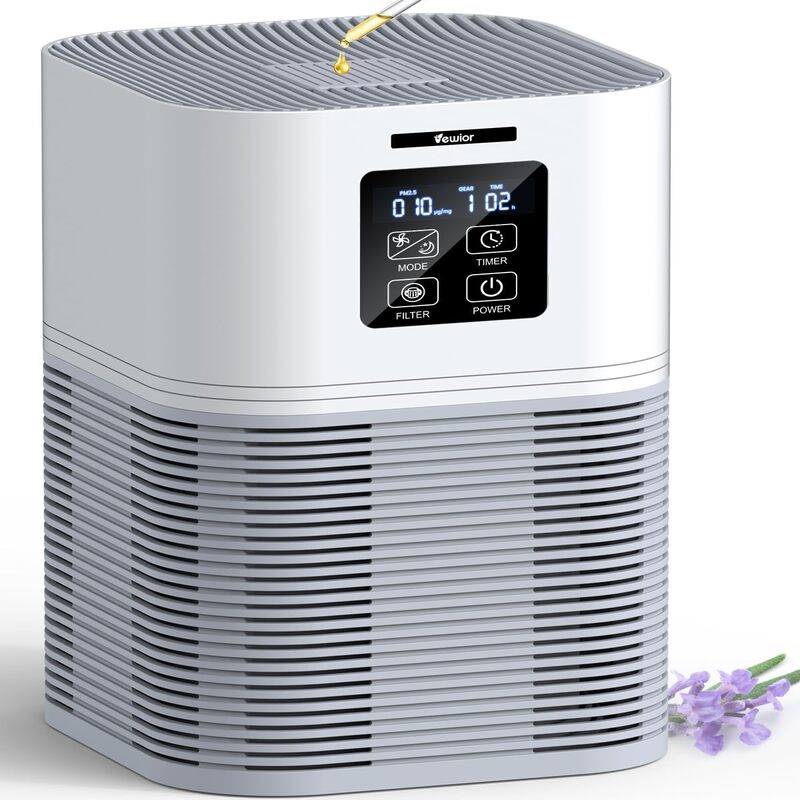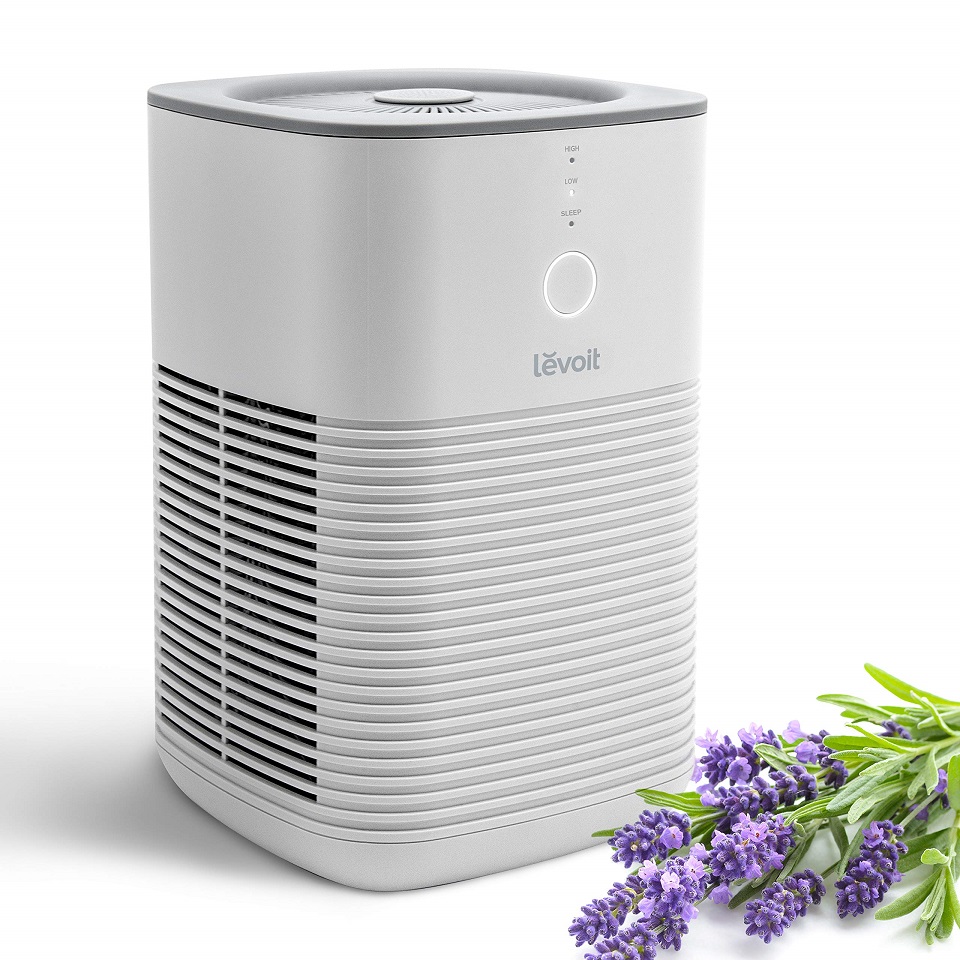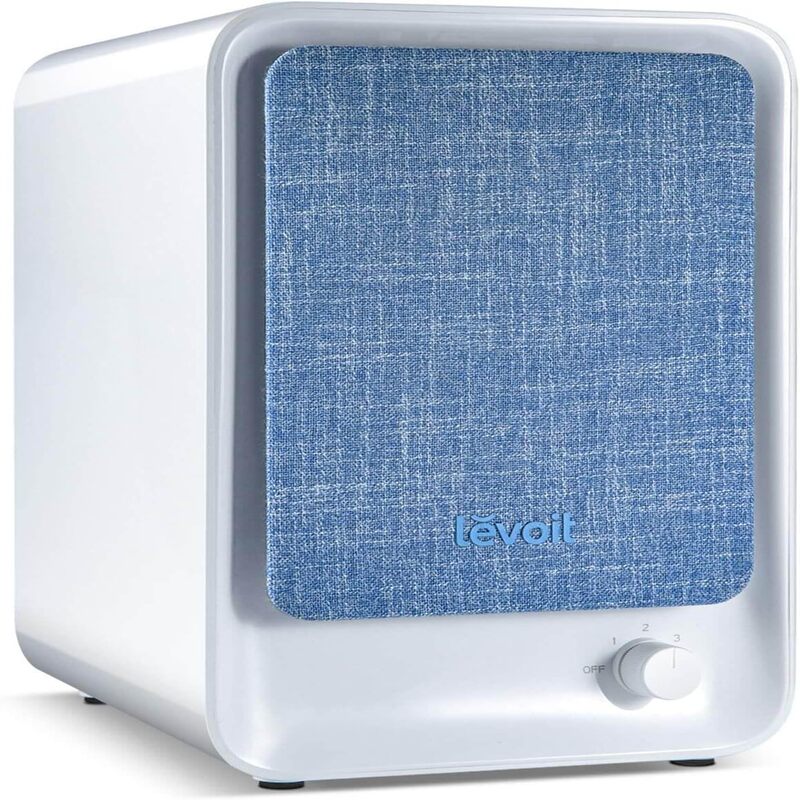Understanding Air Purifiers
In today’s increasingly polluted urban landscape and with a growing emphasis on indoor health, air purifiers have surged in popularity among homeowners and businesses alike. Their primary purpose, which is to clean the air we breathe, has led many to wonder: does air purifier remove smell ? In this blog post, we’ll explore the functioning of air purifiers, delve into the types of odors they can eliminate, and provide guidance on how to choose the right air purifier for combating smells in your home.
What is an Air Purifier?
An air purifier is a device designed to filter out contaminants from the air in a room. These devices use various technologies to cleanse the air, including HEPA filters, activated carbon filters, ultraviolet (UV) light, and ionizers. While the primary intention of air purifiers is to remove pollutants such as dust, pollen, pet dander, and smoke, many users are left wondering if these devices can also rid their spaces of lingering odors.

How does air purifier remove smell ?
The effectiveness of air purifiers at removing smells largely depends on their specific technologies. Here’s a closer look at how does air purifier remove smell pollutants and odors:
HEPA Filters: High-Efficiency Particulate Air (HEPA) filters trap particles as small as 0.3 microns, including dust and allergens. However, they are not efficient at removing odors, which often consist of gaseous molecules rather than solid particles.
Activated Carbon Filters: These filters contain porous materials that trap gases and odors. Activated carbon filters are particularly effective at absorbing a variety of smells, including cooking odors, pet smells, and smoke. The porous structure of activated carbon allows it to adsorb volatile organic compounds (VOCs) that contribute to unpleasant smells.
UV Light: Some air purifiers utilize UV light technology to kill bacteria and viruses. While this can purify the air from biological contaminants, it does not directly remove odors.
Ionizers: Ionizing purifiers release charged ions into the air that attach to particles and cause them to cluster together, making them heavier and allowing them to fall to the ground. While this method can help reduce airborne particles, it does not effectively address odors stemming from gases.
Types of Odors and How Air Purifiers Address Them
Common Indoor Odors
Indoor odors can arise from a plethora of sources, each requiring a different approach for removal. Below are some common types of smells and how air purifiers can help.
Cooking Odors: From frying fish to baking bread, cooking can leave lingering aromas. Activated carbon filters excel at absorbing these VOCs, rendering your kitchen—and your home—fresher.
Pet Odors: Furry friends come with their own set of smells, from litter boxes to wet dogs after a rainstorm. Air purifiers with HEPA and activated carbon filters can significantly reduce pet odors by trapping dander, fur, and absorbing smell-causing organic matter.

Smoke Smells: Cigarette or cigar smoke can permeate walls, furniture, and fabrics, causing a stubborn odor. An air purifier that combines both HEPA and activated carbon filters can effectively improve smoke-filled environments. The HEPA filter captures the particles while the activated carbon absorbs the chemicals responsible for the scent.
Mold and Mildew: Damp environments often lead to musty odors due to mold and mildew growth. While air purifiers cannot eliminate mold spores, they can reduce the presence of airborne spores and mitigate the smell with activated carbon.
Basement Odors: Basements often harbor musty or damp smells, largely due to moisture accumulation. An air purifier with a dehumidifying function combined with activated carbon can uproot the underlying cause of odor in such spaces.
Limitations of Air Purifiers in Smell Removal
While air purifiers can significantly mitigate many unpleasant odors, they are not a cure-all solution. Several factors limit their effectiveness:
Source of the odor: If the odor is coming from a persistent source (such as a garbage can, a dead animal, or mold growth in the walls), simply using an air purifier may not suffice. Eliminating the source is crucial for a complete solution.
Filter lifespan: Over time, the effectiveness of filters decreases as they become saturated with contaminants, leading to diminished odor-removing powers. Therefore, regular maintenance—replacing filters—is essential for best performance.
Room Size: Every air purifier is rated for a specific room size. Using a unit that’s too small for your space can lead to inadequate odor removal.
Choosing the Right Air Purifier for Odor Removal
When selecting an air purifier to target odors, consider the following factors:
Types of Filters
Activated Carbon Filters: Look for a model that features a robust activated carbon filter if your primary concern is odors. Some purifiers use a combination of HEPA and activated carbon, offering the best of both worlds—filtration of particles and absorption of odors.
Room Size
Choosing an air purifier that matches or exceeds the square footage of the area you wish to purify is crucial. Check the Clean Air Delivery Rate (CADR) rating, which indicates the device’s effectiveness in removing smoke, dust, and pollen from a specific size room—higher CADR ratings often indicate better performance.
Noise Level
Consider the noise level you’re willing to tolerate. Some air purifiers can be noisy, especially at higher settings. Many models have ‘sleep’ modes that reduce noise levels while still allowing for effective air filtration.
Maintenance
All air purifiers require maintenance, usually in the form of periodic filter replacements. Consider the accessibility and cost of replacement filters when making your choice.
Additional Features
Look for features that may enhance usability, such as smart technology that allows you to monitor air quality or control settings from your smartphone.

Good Air Purifier Recommendations for Odor Removal
While there are numerous air purifiers on the market, the following recommendations are known for their efficacy in removing odors:
Coway AP-1512HH Mighty Air Purifier: This model features a four-stage filtration system, including an activated carbon filter that effectively reduces odors.
Levoit LV-H132 Air Purifier: Compact and efficient, this air purifier boasts a three-stage filtration system, including HEPA and activated carbon filters, making it ideal for small rooms.
Dyson Pure Cool TP01: This sleek design not only purifies the air but also functions as a fan, making it versatile for various spaces and effective against odors.
Blueair Blue Pure 211+: Known for its high CADR ratings and effective odor removal capabilities, this model combines HEPA and activated carbon filters for comprehensive air purification.
Conclusion
After reading this article, you may know the answer about the question “does air purifier remove smell”. In summary, air purifiers can indeed help eliminate unwanted odors in your home, most effectively when using models equipped with activated carbon filters. While they provide valuable support in enhancing indoor air quality, effective odor control also hinges on addressing the source of the smells and regular maintenance of the purifier itself. By choosing the right air purifier for your specific needs, you can create a fresher, more pleasant living environment and breathe easier every day. Investing in such a device could make a significant difference in your quality of life, delivering cleaner air and a more comfortable living space for you and your loved ones.
So, if you’re tired of lingering smells in your home, consider an air purifier not as just another appliance, but as an essential partner in your quest for a healthier indoor environment.